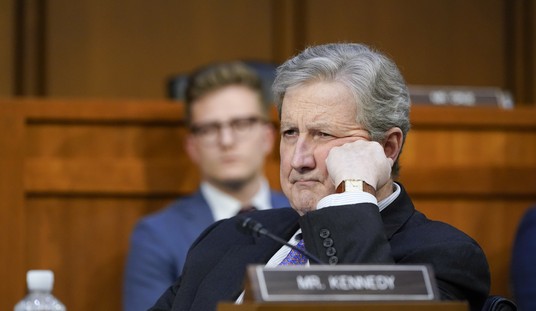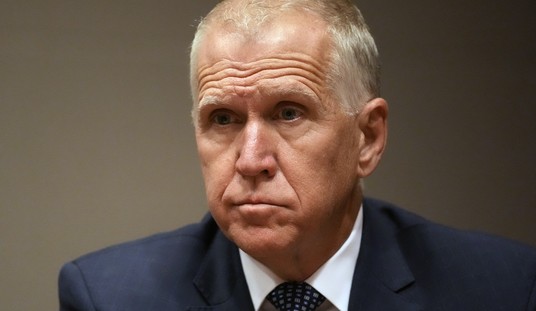
There is a new Trump approval rating out from Harvard CAPS/Harris and it really isn’t what the Democrats want to see going into mid-term elections.
At 47%, Donald Trump’s approval is the highest it’s been in over a year, and has been trending up steadily since March of 2018. The President’s approval on specific issues has also seen a bump – approval numbers on stimulating jobs (58%), his handling of the economy (57%), fighting terrorism (57%), foreign affairs (47%), and administering the government (45%) are at the highest recorded by this poll. Only his handling of immigration (46%) failed to reach a new high.
Optimism in the direction of the country is also at its highest since the beginning of the Trump presidency, but still lags below majority approval. Today, 39% of voters say the U.S. is on the right track, the highest recorded in the CAPS-Harris Poll, compared to 52% who say it is not. Forty-seven percent of voters also express confidence in the direction of the economy (compared to 39% who say it is off on the wrong track), and 69% believe the U.S. economy is strong today – the highest recorded number for this confidence variable.
Keep in mind this poll was taken at the height of the furor over the separation of children from putative families when caught crossing the border illegally.
In my view, the important thing in these polls is not to focus on the number, but to look at the time series trend data from the same poll. In this poll and in Gallup, Trump is now back to where he was in the very early days of his administration. If voters vote their pocketbooks in November (assuming something Biblical in scope doesn’t happen) then both the numbers for right track and economic strength are the highest in the history of this poll.
The media and NeverTrump campaign to paint the summit with Kim Jong Un as a failure fizzled:
A majority approve of the way the United States is handling North Korea (59%), and the summit (74%), while being optimistic that it offers a viable path for North Korea to give up its nuclear weapons (57% — compared to 47% in March 2018).
Americans are generally supportive of tariffs:
They support the idea of loosening tariffs on goods from countries to negotiate better trade terms (59%), but oppose threatening tariffs on good from G7 countries if they don’t take steps to reduce the U.S. trade deficit (51%); they support the use of tariffs to reduce the trade deficit and keep jobs in the U.S. (55%), but over 4 in 10 voters are concerned higher consumer prices (45%).
Just like with a couple of other polls, Mueller seems to have worn out his welcome:
In fact, at least half of voters believe the special counsel should wind down the investigation on collusion (53%) and obstruction (50%). In light of the Inspector General report, they believe the FBI should be investigated on how it handled the Trump-Russia probe (58%). Sixty-one percent say there is evidence of bias in the FBI, and 64% would like to see a special counsel appointed to investigate.
The immigration polling is very interesting. While 88% oppose family separation, when you start scratching around, you find that number isn’t what some would hope:
A majority of voters want immigration reform (73%) and secure borders (76%). Voters also want stricter enforcement of immigration laws (70%). Voters support prosecuting immigrants who cross the border illegally (53%) and sending these immigrants home (64%). A majority (55%) also stand against so-called “catch and release” policies.
This says nearly super majorities want the wall and they want zero tolerance. When you look at the whole context, “reform” doesn’t seem to be ‘amnesty.”
And Trump showed increased popularity in all demographics:
Trump’s approval rating was lifted in part by a 10 point climb among Hispanic voters. His approval rating rose by 6 points among Republicans and by 4 points among Democrats compared to last month’s poll.
Polls, of course, are a Rorschach test of sorts. In my view, this says that Trump’s max approval rating is baked in at 45%-47%. The nation, while not all that unhappy with Trump (and with Trump we really don’t know what is being measured when it comes to approval because I know I don’t approve of him) is broadly supportive of his policies. And the policies most likely to be on the ballot in November are the economy and how people feel about their current situation. Barring some sort of Trump-induced deus ex machina, this does not add up to a blue wave.
=========
=========
Like what you see? Then visit my story archive.
Follow @streiffredstate
I’m on Facebook. Drop by and join the fun there.
=========
=========













Join the conversation as a VIP Member